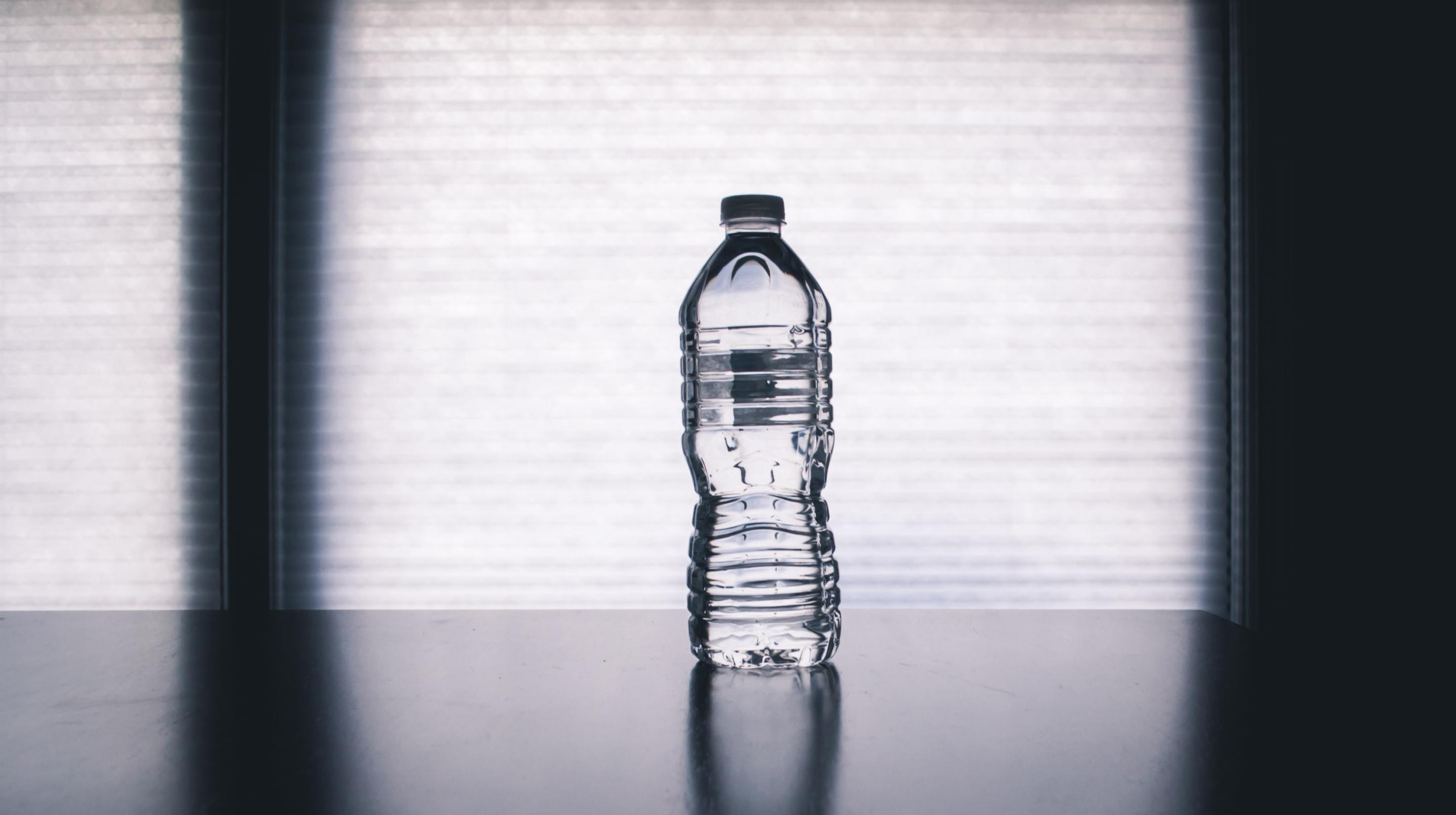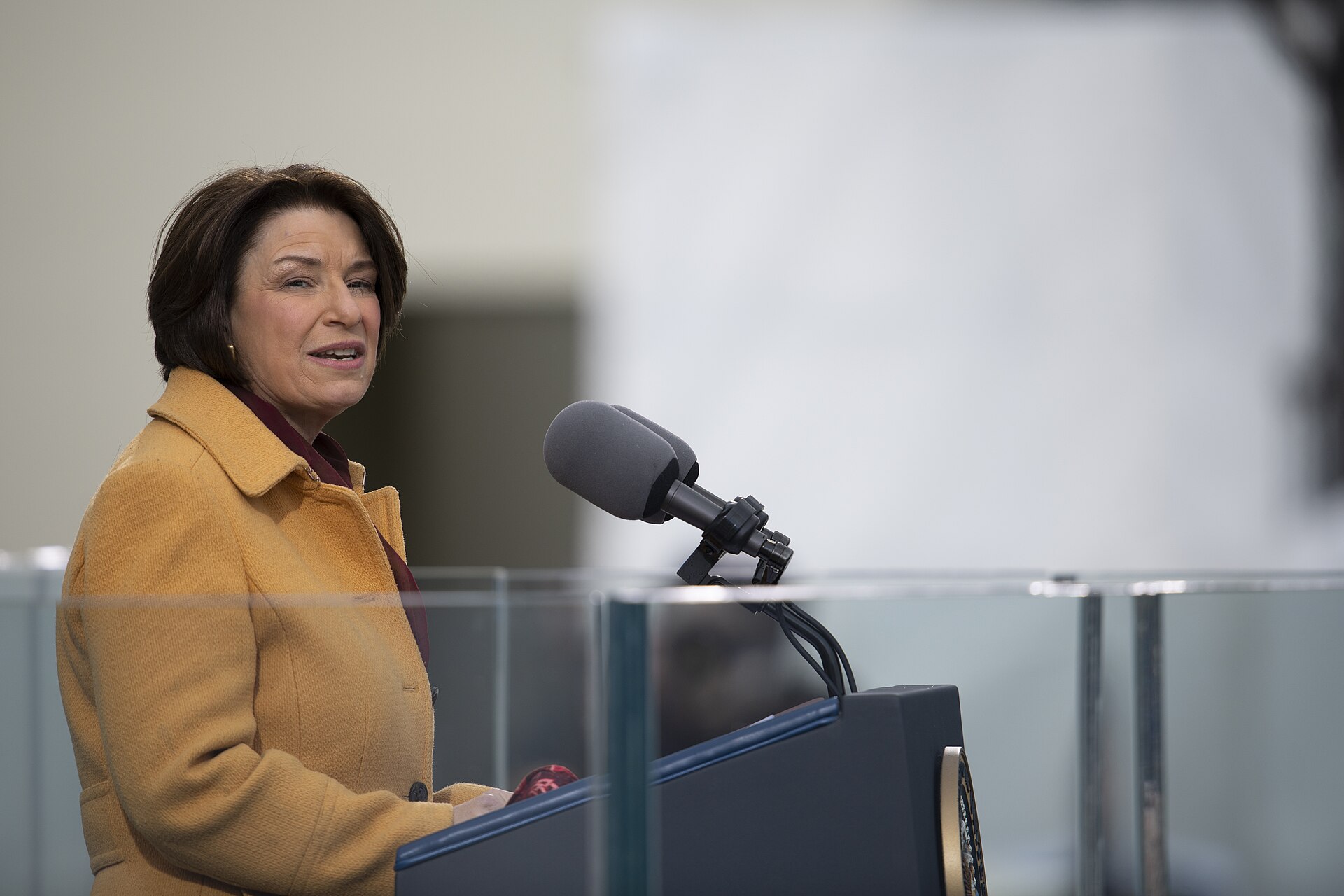Last week, the most widely reported story in St. Paul was the DFL’s rollout of its ambitious legislative agenda.
Little did most Minnesotans know that simultaneously a battle was being waged for the soul of their Senate. So-called “modern” ways of thinking threatened to erode a prohibition that had, since time immemorial, preserved the dignity of that august body. And despite a valiant pushback from traditionalists, the rabble had their way, changing Minnesota’s upper chamber forever.
Yes, senators can now drink water in the Senate chamber.
For as long as anyone can remember, section 17.4 of the Minnesota Senate Rules read that “demonstrations and food or beverages are prohibited in the Senate Chamber and in the galleries.”
It’s one of several procedural regulations that preserve the “decorum,” of the Senate, which range from the commonsensical (no smoking) to the arcane (members must face the president of the senate at all times when speaking on the floor).
Since his election in 2014, Sen. Torrey Westrom (R-Alexandria) has made it his mission to end the prohibition on water. Fascinated by this unlikely procedural controversy, Racket spoke to Sen. Westrom about his hard-won victory.
“It’s silly,” Westrom tells Racket. “Who doesn’t enjoy a nice cold bottle of water when you’re sitting for hours and hours in debate? I came from the House, which allows drinking of water or pop or other beverages. And the House does just fine.”
Westrom points out that the rule that senators must wear ties required an adjustment when women were first elected to the body. “The first woman senator elected, to follow the rules, was required to wear a tie,” he says. “Sometimes those rules just do need to be modernized and updated.”
Westrom’s amendment proposed adding these words to the end of the rule: “except that when floor proceedings are expected to last more than one hour, members of the Senate may consume water in the Senate Chamber. Water that is not being consumed must be stored in a sealed container under a member's desk.”
A simple change, yet several senators took the floor to oppose Westrom’s amendment. “I just believe it’s a slippery slope,” said Sen. Sandy Pappas (DFL-St. Paul). “Today water, tomorrow coffee. The next day [Sen. John] Hoffman’s gonna be bringing in candy, Westrom’s gonna be bringing in homemade bagels. Where does it all end?”
“When will it stop?” asked Sen. Ann Rest (DFL-New Hope). “And when will the decorum in the House become the decorum in the Senate? What a tragedy that would be.”
Rest also argued that the change was unnecessary. “None of us is more than 20 feet away from having a drink of water. It can add to your steps for the day to walk into the retiring room and grab a drink of water.”
In defense of the change, Westrom and his allies argued that leaving the chamber to get a drink meant senators would miss possibly important parts of a debate. They pointed out that when the rule was initially put into effect, resealable plastic water bottles did not exist. They even invoked the CDC guidelines for remaining hydrated.
This time, the amendment passed, 38-29, with members of both parties on either side of the vote—but only after an amendment to the amendment from Sen. Nicole Mitchell (DFL-Woodbury), which specified that water bottles must be “unadorned,” so no political messages or advertising would sully the Senate chamber.
So why was Westrom able to prevail this time? He points to new blood in the Senate. When Westrom raised the issue in 2015, Tom Bakk, then the Senate majority leader, was a staunch and influential opponent, citing possible damage to the Senate’s historic desks, more than a century old. “I want to do my part in preserving the history of all the votes that have been taken at all of those historic desks,” Bakk told the Star Tribune at the time.
Westrom also says this proposed rule change was more modest that his earlier attempts. “Previously I’d included food or added a broader definition of beverages. This time I decided to stay very focused and targeted on water."
Or maybe senators were just thirsty. “It was probably good that my amendment came up after we’d already had three or four hours of debate, when everyone could use a bottle of water,” Westrom says. “It was meant to be.”







